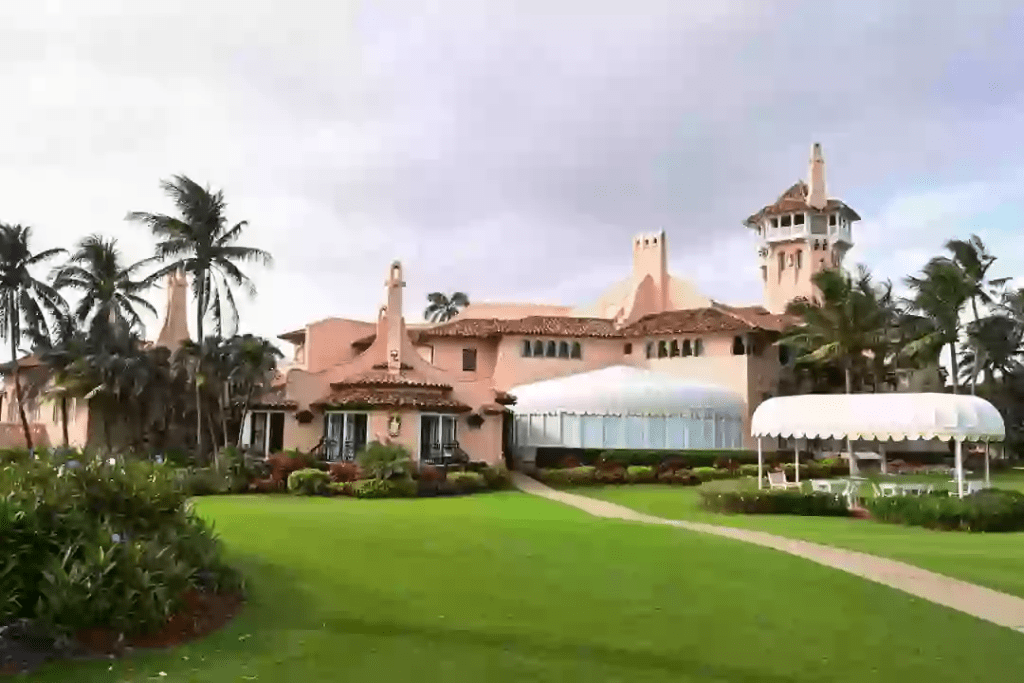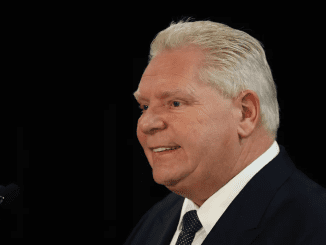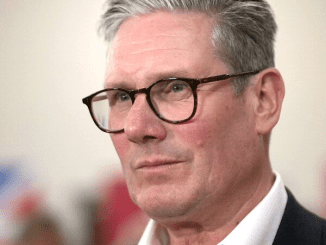
In recent years, a new trend has emerged in the realm of political fundraising and access to powerful individuals: the opportunity to pay for a chance to meet with prominent figures, including the President of the United States, and have dinner at exclusive venues like Mar-a-Lago. This practice has sparked heated debate and raised ethical concerns about the blurred lines between money, influence, and access to decision-makers. On one side of the argument are those who defend the practice, citing it as a legitimate way for individuals to exercise their right to support political candidates and causes they believe in. For them, paying to attend events like those at Mar-a-Lago is simply a way to show financial support and gain firsthand exposure to key policymakers. However, critics argue that this pay-to-access model undermines democratic values and perpetuates a system of privilege and influence peddling. They argue that allowing wealthy individuals to essentially buy access to influential figures creates an environment where money talks louder than the voices of ordinary citizens.

The issue of paying to meet him and have dinner at Mar-a-Lago also raises concerns about transparency and accountability. When wealthy donors are given special access to policymakers in exchange for financial contributions, there is a risk that decisions and policies may be influenced by the interests of those who can afford to pay for such access. Moreover, the practice may contribute to widening economic disparities and exacerbate inequalities in society. By allowing the wealthy to have direct access to policymakers and decision-makers, while ordinary citizens must rely on traditional avenues of engagement such as writing letters or attending public events, the system may further marginalize voices that are not backed by financial resources. In response to these concerns, calls for greater transparency and regulation of political fundraising practices have grown louder. Efforts to limit the influence of money in politics through campaign finance reform and stricter disclosure requirements have been proposed as solutions to curb the potential for corruption and undue influence.
Additionally, some have suggested alternative models for engaging with political leaders that prioritize inclusivity and equal access. For example, town hall meetings, public forums, and digital platforms can serve as avenues for citizens to voice their concerns and interact with policymakers without the need for financial contributions. Ultimately, the issue of paying to meet him and have dinner at Mar-a-Lago raises fundamental questions about the nature of democracy and the role of money in influencing political decisions. As the debate continues, it is essential for policymakers, citizens, and advocacy groups to engage in constructive dialogue and work towards a more equitable and inclusive system of governance that upholds the principles of transparency, accountability, and equal access for all.


